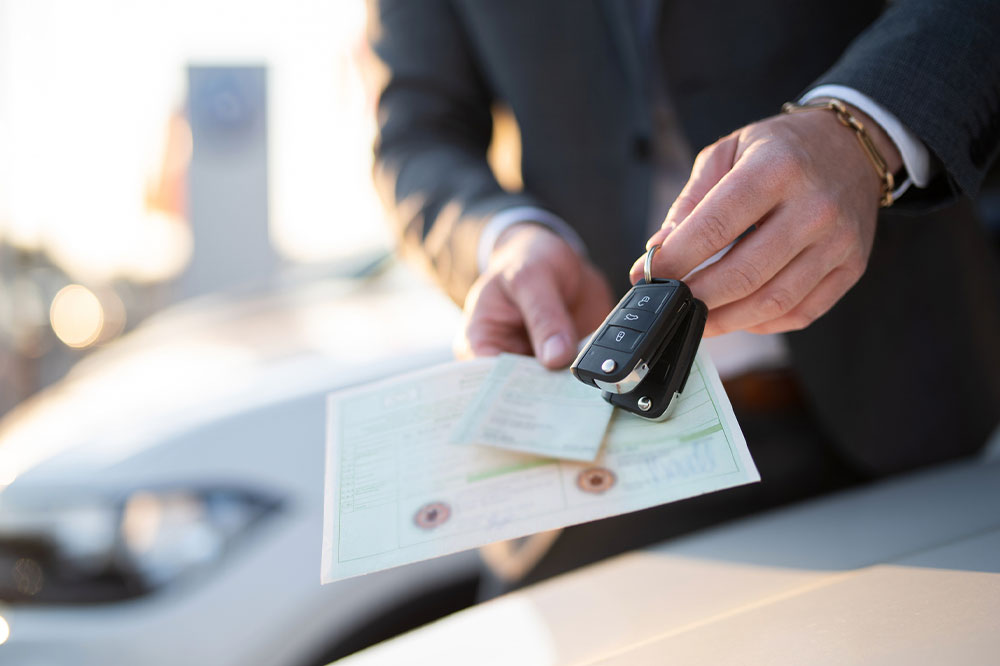Complete Guide to Vehicle Registration and Licensing Processes
This comprehensive guide explains the key aspects of vehicle registration and licensing. It covers the registration process, necessary documents, timing, costs, and penalties for non-compliance. Essential for new vehicle owners, this article helps ensure legal compliance and smooth vehicle operations, emphasizing the importance of timely registration and understanding regional requirements to avoid fines and legal trouble.

Complete Guide to Vehicle Registration and Licensing Processes
Obtaining a new vehicle is an exciting achievement, but it involves essential steps like registration and licensing. These legal procedures are mandatory nationwide and apply to all vehicle types. Although minor regional variations exist, the core requirements remain consistent. Here’s what you need to know about registering and licensing your vehicle.
What is Vehicle Registration?
Vehicle registration confirms legal ownership and associates the vehicle with its owner. State agencies or the DMV require registration for legal road use. During this process, officials inspect the vehicle, record details, and issue a registration certificate. Not registering or missing renewals can lead to fines or vehicle confiscation.
Understanding Vehicle Licensing
Licensing works alongside registration; once registered, vehicles are issued license plates and tags. Properly displayed plates indicate legality for road use. Regulations typically require plates to be unobstructed and securely mounted. Many states need two plates—front and rear—while some only mandate a rear plate.
Required Documents for Registration
Although specific documents may vary by location, common requirements include:
Ownership proof: Title or lien agreement if financed
Insurance proof: Valid coverage meeting state minimums
Odometer reading: Reported by owner or verified by authorities
Purchase proof: Bill of sale from the dealership
Additionally, a valid driver’s license and payment method are needed for registration or renewal processing.
When to Register Your Vehicle
Registration should be completed in specific situations:
Buying a vehicle: Dealerships may handle initial registration, but additional fees could be applicable depending on your location and the seller.
Renewals: Most vehicles require renewal every 1-2 years, with fees varying by state.
Relocating: Moving to a new state necessitates re-registering the vehicle within a set timeframe.
Penalties for Non-Compliance
Failing to register or renewing late can lead to fines, penalties, or vehicle impoundment. Law enforcement may require proof of registration, insurance, and license during traffic stops or accidents. Penalty amounts differ across regions.
Registration Fees and Expenses
Fees depend on factors such as vehicle age, value, fuel efficiency, and whether personalized plates are chosen. Extra charges may apply for special plates or additional features. Timely registration helps avoid unnecessary costs.
While navigating registration and licensing may seem complicated at first, complying with these legal steps is crucial. Prompt action saves money and prevents legal issues in the future.
Note: Our guide provides practical insights on vehicle registration and licensing. Although based on thorough research, users should verify details with official sources, as rules and fees may vary across regions and change over time.


